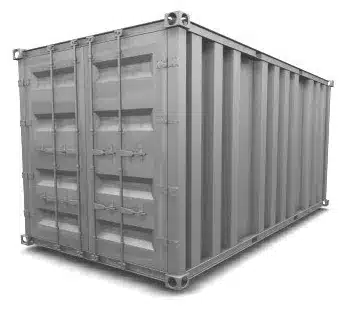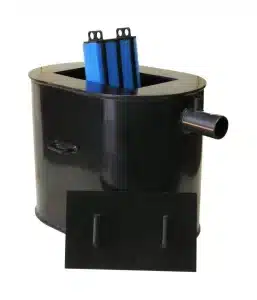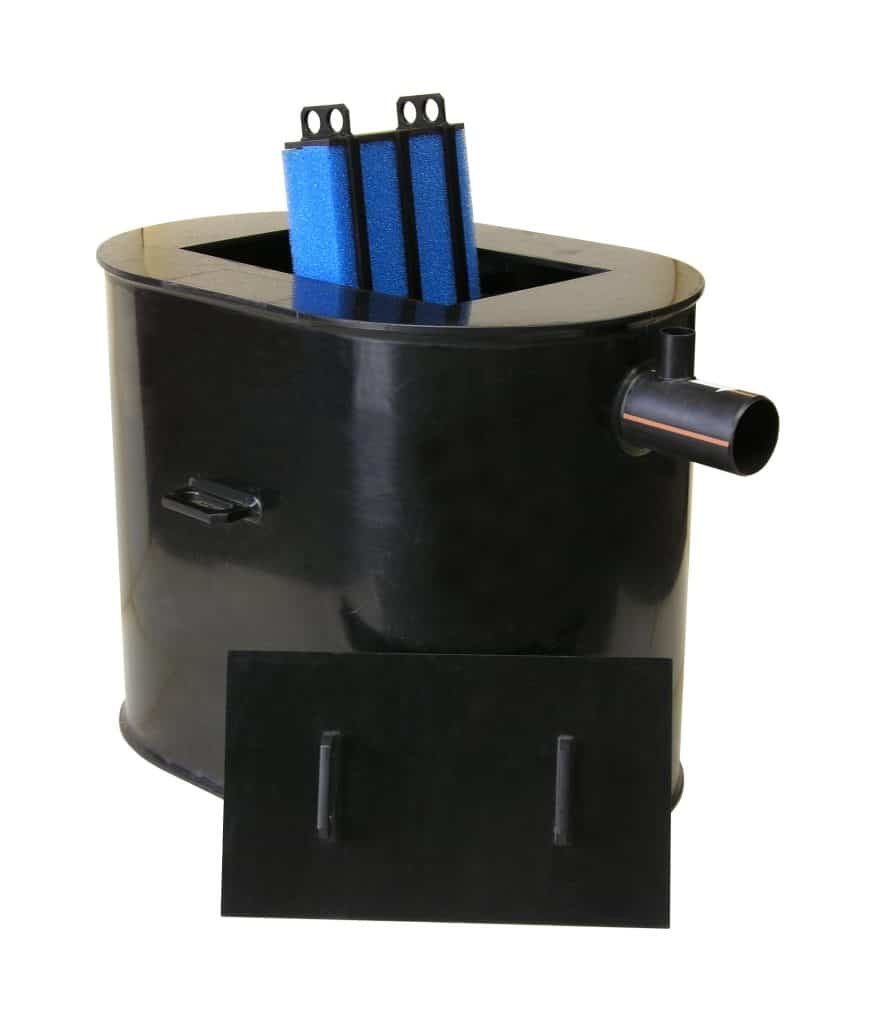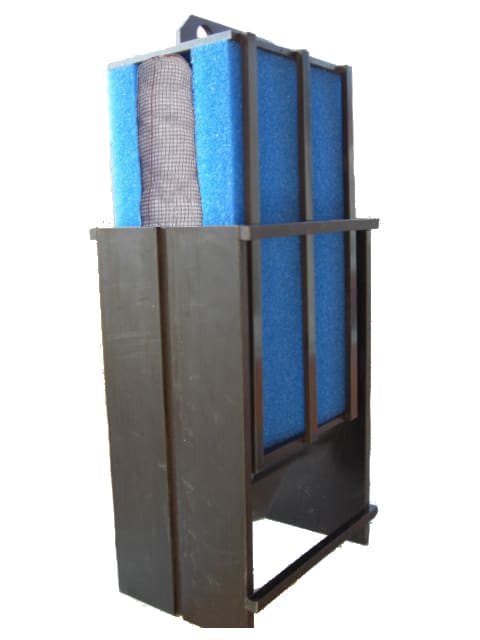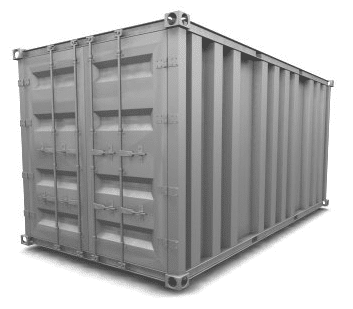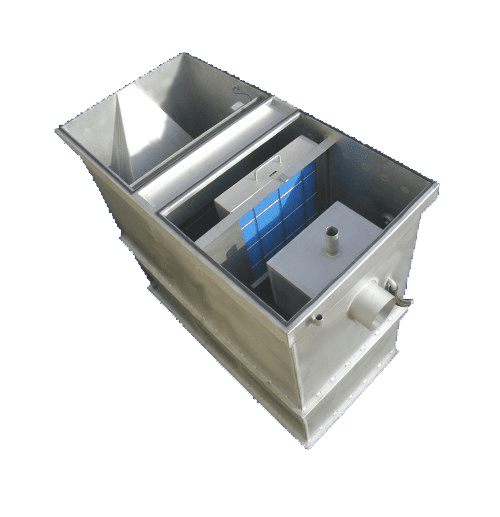In Connecticut, the need for efficient oil water separation is key. Companies aim to meet tough environmental rules. Freytech Inc. Above Ground Oil Water Separators (OWS) are now a crucial tool. They help with both environmental rules and keeping operations smooth.
Connecticut’s Above Ground OWS lead in protecting our environment. They use the latest technology to remove oil from water. This is important for industries like manufacturing and transportation. Using a reliable OWS is not just about avoiding fines. It’s about keeping our water safe for the future.
Key Takeaways
- Connecticut Above Ground OWS systems are crucial for environmental compliance
- Advanced coalescing technology enhances oil-water separation efficiency
- Above Ground Oil Water Separators offer flexible installation options
- OWS systems help businesses meet strict discharge limits
- Proper OWS implementation protects both industry operations and water resources
Introduction to Above Ground Oil Water Separators in Connecticut
Connecticut industries face unique challenges in wastewater treatment. Above ground oil water separators offer effective solutions for managing effluent. These systems are key to keeping the environment safe and promoting sustainable drainage.
Importance in Industrial Settings
Oil water separators are vital for treating industrial wastewater. They remove oil, grease, and oily solids from different discharges. This is crucial in places like bulk storage facilities, vehicle maintenance sites, and environmental cleanup projects.
Regulatory Compliance
Connecticut businesses must follow strict EPA discharge rules. Above ground separators help by managing effluent well. They make sure the water released is up to standard.
Benefits of Above Ground Systems
Above ground oil water separators have many benefits. They’re simpler to install than underground ones. They’re easier to maintain and monitor, cutting down on costs over time. These systems offer flexible solutions for different industrial needs.
Using above ground separators in Connecticut improves wastewater treatment. They help manage effluent efficiently and protect the environment. As industries change, these systems remain crucial for sustainable water management.
Connecticut Above Ground OWS: Features and Technology
Connecticut’s above ground oil water separators (OWS) have the latest features and technology. They are key in handling industrial wastewater, similar to septic systems and leach fields for homes. These systems are designed to efficiently separate oil from water, keeping the environment safe and meeting tough rules.
Enhanced Coalescing Technology
Modern OWS units use advanced coalescing technology for better oil removal. This method uses special plates or media to help oil droplets merge and separate from water. It’s like how leach fields in septic systems spread and filter wastewater.
Separation Efficiency and Discharge Limits
OWS systems in Connecticut are very efficient at separating oil and water. Many can get effluent with less than 10 parts per million (PPM) of free oil. This meets or beats North American discharge limits. It’s vital for industries that follow strict environmental laws.
Materials and Construction
Building OWS systems to last is important. They use strong materials like stainless steel or concrete for durability. Some models also have UL® specs and special coatings for extra protection. This focus on quality is similar to what’s needed in septic system installations, ensuring they work well for a long time and protect the environment.
Applications and Industries Served by Above Ground OWS
Above ground oil water separators (OWS) are key in many industries. They help companies follow sewage disposal laws and keep the environment safe. These systems are used in many areas, from storing petroleum to washing vehicles.
Facilities that store a lot of petroleum use OWS to stop oil spills. These systems protect the groundwater and soil. At places where planes and cars get refueled, OWS manage runoff to keep things clean.
OWS also help with cleaning polluted sites for environmental projects. They take oil out of water, helping to fix damaged areas. These systems can handle flow rates from 1 to 100 gallons per minute, fitting many industrial needs.
Some companies put OWS alone, while others link them with bigger systems for treating wastewater. This flexibility lets companies choose the best way to handle water based on their needs and the laws.
Freytech Inc.’s Superior OWS Solutions
Freytech Inc. leads in above ground oil water separators in Connecticut. Their advanced technology ensures top-notch performance for both industrial and environmental needs.
Guaranteed 5 PPM Separation Efficiency
Freytech’s oil water separators go beyond North American limits. They guarantee a 5 PPM separation efficiency. This means they meet strict water quality standards and protect the environment.
This level of performance is perfect for industries with high water quality needs.
Capability to Achieve 0.1 PPM Separation
For the purest water, Freytech’s separators can get down to 0.1 PPM. This is key for removing tiny amounts of emulsified oil. It meets the toughest environmental standards.
Versatility in Separating Various Hydrocarbons
Freytech’s separators are versatile. They work well with many hydrocarbons like motor oil, diesel, gasoline, and jet fuel. This makes them great for different industries, from car shops to airports.
Choosing Freytech’s oil water separators in Connecticut means getting a dependable water treatment solution. These systems perform well, follow regulations, and protect the environment in various sectors.
These separators are crucial in storm water systems. They process runoff to meet the US EPA’s Clean Water Act standards. With effective oily water treatment, facilities protect the environment and dodge big fines.
Installation and Maintenance of Above Ground OWS
Installing an above ground oil water separator needs careful planning and following local rules. You must prepare the site well and get the needed permits. Keeping it maintained regularly helps it work well and last longer.
Site Preparation and Permit Requirements
Getting the site ready is key for a successful OWS setup. The ground should be flat and strong to hold the system. You need to plan the connections to the lines well. Before you start, make sure you know the local building codes and get all the permits. This prevents legal problems and makes sure the system is safe.
Ongoing Maintenance and Best Practices
Keeping your OWS in good shape is important. Check it often for any damage or wear. Clean the coalescing media when it’s needed to keep it working right. It’s also key to dispose of the oil and sludge properly to follow environmental laws. Some systems have advanced monitoring that shows how well they’re doing, making upkeep simpler and more effective.
By following these steps for setting up and maintaining your OWS, it will work well for many years. A well-kept system not only meets the rules but also protects the environment and saves you money.
Conclusion
Connecticut Above Ground OWS systems are key for industries wanting to follow environmental rules. They manage effluent well, making water cleaner and protecting nature. These units are essential in many industries in Connecticut because they work well and separate materials efficiently.
Freytech Inc. is a leader in OWS innovation, offering top-notch solutions that go beyond what’s required. Their systems can separate as little as 0.1 PPM, showing how advanced oil-water separation technology has become. This high performance helps the environment and keeps businesses out of trouble with fines and bad publicity.
As Connecticut’s industries grow, the need for good effluent management will get bigger. Above ground OWS systems are a smart, effective way to meet this need. By using these advanced separators, companies can follow environmental laws, keep our water clean, and help make Connecticut a healthier place for everyone.


